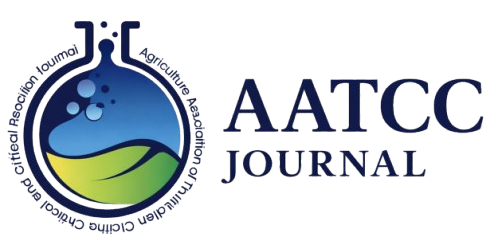Abstract
Methicillin-resistant Staphylococcus aureus (MRSA) is any strain of S. aureus that has developed multiple drug
resistance to antibiotics. MRSA could be a highly pathogenic strain of bacteria causing thousands of deaths in
humans. Detection of MRSA in foodstuffs of animal origin has been widely reported and has raised public health
concerns about the transmission of MRSA from foodstuffs of animal origin to humans. There are many reports
of MRSA infections originating from dairy cow's milk, milk products, and livestock along with MRSA
transmission between farmers working in livestock farms including people working within the dairy industry.
Significant differences in the spread of cases of MRSA infection originating from milk and milk
products are reported among various countries around the world. This difference could also be caused by
different livestock production management systems in numerous countries within the world. Animal products
contaminated with MRSA are going to be a possible transmission of MRSA to humans causing serious health
problems leading to tremendous public health concerns. The milking process administered by farmers and
the processing of milk for milk products are often risk factors for the transmission of MRSA to humans.
Contamination of MRSA in milk and milk products and other animal products could be a major reason for the
malady. Several antibiotics of choice are often employed in treating patients who experience poisoning with milk
and milk products like fluoroquinolone, tetracyclines, lincosamide, and trimethoprim-sulfamethoxazole.
Adherence to good hygiene practices during milking, processing, and handling of dairy cattle can significantly
minimize MRSA contamination of milk and dairy products. The objective of this review is to summarize the risk
factors for the occurrence and spread of MRSA in dairy herds and to identify the respective knowledge gaps.
This review focuses on common causes of MRSA infection and used antibiotics combined with herbal extracts
against MRSA and the corresponding mechanisms. Through systematic analysis, we found that herbal extracts
combined with antibiotics, such as β-lactams, quinolones, aminoglycosides, tetracyclines, and glycopeptides,
could greatly enhance the antibacterial effects of the antibiotics, reduce the dosage and toxic side effects, and
reverse MRSA resistance. Therefore, it can be concluded that herbal extracts combined with antibiotics may be a
promising strategy to combat MRSA. This review provides a novel idea for overcoming antibiotic resistance.
